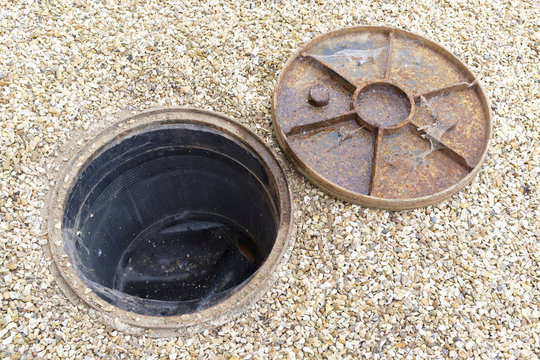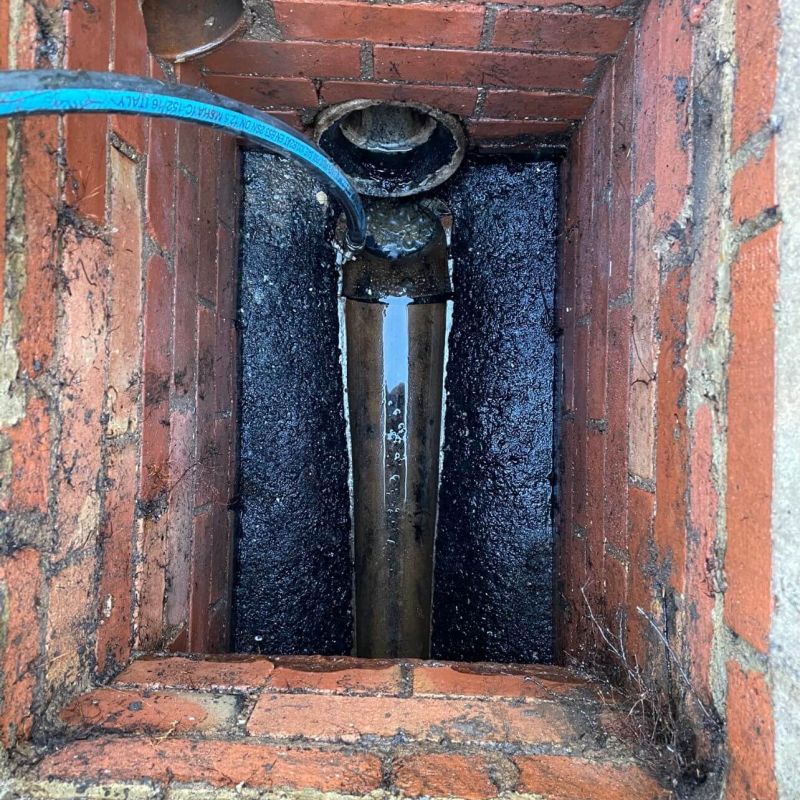They are making a few good observations on What I learned from trying to deal with a clogged drain in general in this article down below.

Intro
Handling a blocked drainpipe can be an irritating experience, interfering with everyday tasks and potentially triggering damages to your home. Nonetheless, prior to connecting to pipes professionals, there are steps you can take to resolve the problem yourself. In this overview, we'll discover do it yourself solutions and safety nets to tackle an obstructed drainpipe successfully.
Identifying the Problem
The primary step in attending to an obstructed drain is identifying the signs. Slow-moving drainage, gurgling sounds, foul odors emanating from drains, or water support up are common indicators of an obstructed drainpipe. Recognizing these indicators early can help stop better issues.
Choosing the Right Plumbing Service
When choosing a pipes solution, consider factors such as experience, licensing, and client testimonials. Choose a respectable plumber with a record of high quality craftsmanship and clear pricing practices.
Price Factors to consider
The expense of professional drain cleaning services can differ depending upon the seriousness of the clog and the plumbing professional's rates. Request quotes from multiple suppliers and ask about any type of service charges to make certain openness and stay clear of surprises.
Safety and security Precautions
When trying do it yourself drain cleansing, focus on safety and security. Put on protective handwear covers and glasses to stay clear of contact with harmful chemicals or bacteria. Never mix various drainpipe cleaning items, as this can create harmful fumes.
Situation Researches
Real-life instances show the efficiency of do it yourself services and the importance of prompt specialist intervention in solving drain obstructions.
Typical Causes of Obstructed Drainpipes
Understanding the elements that add to drain pipes blockages is crucial for efficient resolution. Typical perpetrators consist of hair, soap residue, grease, food particles, and foreign items like sanitary products or paper towels. Tree roots getting into below ground pipes can likewise trigger considerable clogs.
Do it yourself Solutions
For small clogs, several DIY services can be effective. Putting boiling water down the drain can aid liquify grease and particles. Sodium bicarbonate and vinegar or a mixture of salt and cooking soft drink can work as natural cleaners. Making use of a plunger or pipes serpent to displace blockages is another alternative.
Tools and Tools
Having the right devices accessible can make DIY drain cleansing more reliable. A bettor is a functional tool for removing obstructions in sinks, toilets, and showers. A plumbing serpent or auger can reach much deeper obstructions, while drainpipe cleaning chemicals can be utilized cautiously for persistent clogs.
Safety nets
To prevent future blockages, taking on safety nets is critical. Mount drainpipe guards or strainers to capture hair and debris prior to they go into the pipelines. Consistently flush drains with warm water to dissolve grease build-up, and prevent disposing of grease or strong waste down the drain.
When to Call a Specialist
While DIY remedies can fix small blockages, certain indicators show the need for professional help. Relentless clogs, foul odors despite cleansing initiatives, or numerous drains backing up at the same time are warnings that necessitate expert treatment.
Verdict
By following the tips outlined in this overview, you can properly take on blocked drains pipes and avoid future plumbing problems. Whether choosing DIY solutions or seeking professional aid, prompt action is crucial to keeping a healthy and balanced plumbing system and protecting the honesty of your home.
10 TIPS TO CLEAR ANY BLOCKED DRAIN
SIGNS OF A BLOCKED DRAIN
Blocked drains can be a source of property damage and health problems for people and pets. The early warning signs of a blocked drain are:
Overflowing
You’re probably quite used to everything flowing down your drain. As a result, it’s quite alarming seeing water spill back up. If your drain is overflowing, that means you’re facing a blockage.
Gurgling sounds
Gurgling sounds indicate that the water is pooling and pushing against the pipe. If you experience this, it’s often the case that a blockage is a problem.
Slow draining
When emptying your sink or taking a shower, you might notice that the water pools for longer than expected. Usually, the problem worsens rather than getting better by itself, which suggests that the blockage is growing larger.
CAUSES OF A BLOCKED DRAIN
Although most people use their drains appropriately, it’s quite easy to make mistakes. Occasionally, everyday use results in blocked drains too. Common causes include:
Tree roots
Tree roots won’t be the cause of local drain blockages, but they can disrupt your main sewage system. The root keeps growing until it breaches the pipe and causes a blockage.
Toiletries
Although toiletries are essential, some can cause drain blockages. For example, nappies, baby wipes and sanitary products should not be flushed down the toilet.
Foreign objects
When you have kids, there’s always a risk they’ll flush something unusual down the toilet. Toys and other foreign objects become lodged in the u-bend, resulting in a blockage.
Mineral Buildup
When minerals such as calcium build up in your pipes, this causes constriction. Although this may not cause a blockage on its own, it does make it easier for other types of blockages to form.
Soap
Although liquid soap may not cause drain blockages, solid soap bars can get lodged within pipes until they eventually break down. One way to stop this from happening is to use a mesh wire guard to cover plug holes.
Natural Debris
Natural debris can fall into your outdoor drains, especially when you don’t use gutter guards. This usually means leaves and twigs, although it can include dirt and grit too.
HOW TO CLEAR A BLOCKED DRAIN
Boiling water
Boiling water is useful for tackling blocked drains caused by grease, conditioner, and some other kinds of toiletries. This is because these substances have a low melting point, and the extreme heat helps to break them up. Boil a kettle with water and pour it down the drain to shift the blockage.
Natural cleaners
You can use some natural cleaners to create a fizzing effect that breaks drain blockages apart. Try pouring hot water down the drain, then follow it with one cup of bicarbonate of soda and a cup of vinegar. Leave it for ten minutes, then chase it with more hot water. A combination of the hot water and the natural cleaner mixture can break blockages up.
Caustic cleaners
Some stores sell caustic cleaners that take stronger action against drain blockages. It dissolves grease, fat, and oils, making it ideal for tougher blockages. Always follow the instructions on the packaging and ventilate the room before starting.
Plungers
As a simple yet effective tool, plungers can help to dislodge local blockages. They work by forming a seal around the plug hole, followed by a vacuum effect that removes the blockage.
DIY drain snake
You can make a DIY drain snake out of any thin metal wire, such as a coat hanger. Leave a hook at the end of the snake and insert it into the plughole. Try using it to fish out local blockages made of hair. This approach is most effective in showers.
https://preciseservices.com.au/10-tips-to-clear-any-blocked-drain/

As a passionate reader about , I thought sharing that excerpt was a good idea. Loved our piece of writing? Please share it. Help another person locate it. We treasure reading our article about How to handle a clogged drain in your home.
Schedule